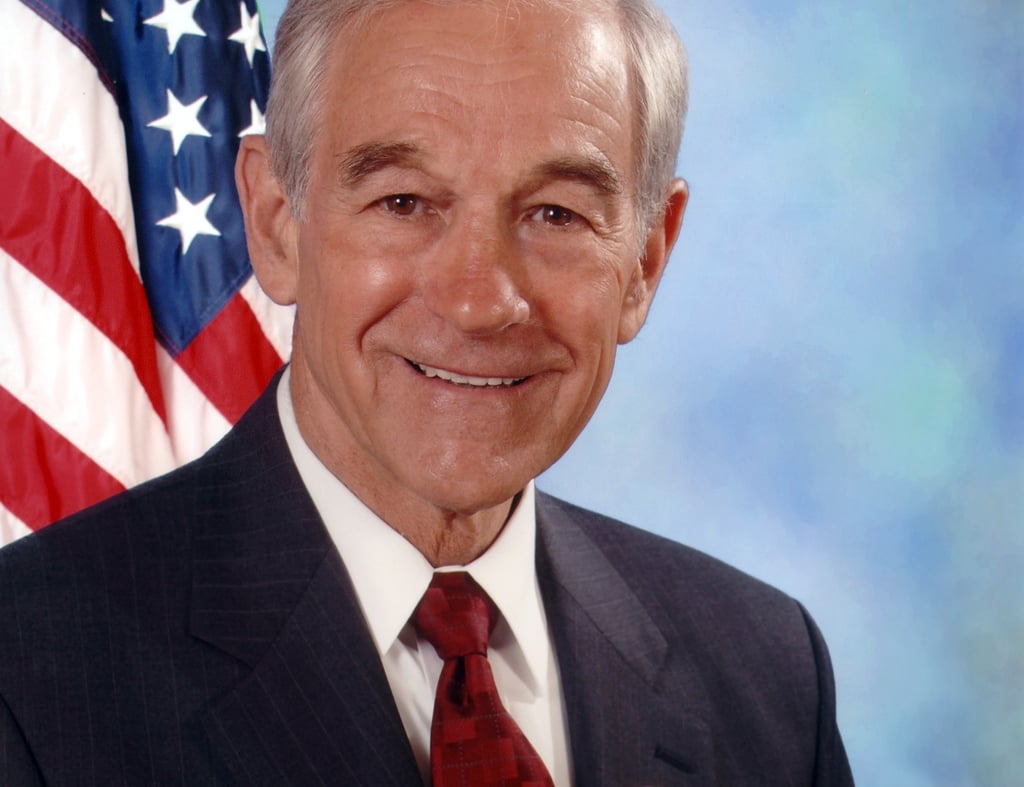The Fiscal Responsibility of Ron Paul: A Model for Modern Governance


Introduction: Ron Paul's Legacy
Ron Paul, a long-serving Congressman from Texas, has left an indelible mark on American politics. Known for his staunch adherence to the U.S. Constitution and his unwavering commitment to balanced budgets, Paul ran for president as a Libertarian candidate and twice as a Republican. Often referred to as 'Dr. No,' he consistently voted against unconstitutional bills laden with pork-barrel spending. This blog post explores Ron Paul's fiscal policies and their relevance in today's economic climate, especially when contrasted with the policies of recent administrations.
Ron Paul's Principles: Balanced Budgets and Constitutional Adherence
Throughout his congressional career, Ron Paul championed the cause of fiscal responsibility. He advocated for balanced budgets, emphasizing that the government should not spend more than it earns. Paul's dedication to the U.S. Constitution was evident in his voting record. He opposed legislation that he believed violated constitutional principles, earning him the nickname 'Dr. No.' His approach was grounded in the belief that economic stability and individual freedom are best preserved when government intervention is minimized.
Comparing Economic Policies: Obama, Trump, and Beyond
The economic landscape of the United States has seen significant shifts over the past few decades. President Obama inherited a collapsing economy from the Bush-Cheney administration, marked by the 2008 financial crisis. Through various measures, including the controversial stimulus packages, Obama managed to stabilize and gradually improve the economy. When President Trump assumed office, he inherited an economy that was already on the mend, with declining unemployment rates. However, Trump's administration was often criticized for its fiscal policies, which saw increased government spending and deficits. As Senator John McCain famously remarked, the government 'spent like a drunken sailor' during periods when the Republicans controlled both houses of Congress and the presidency.
The Need for Ron Paul's Fiscal Responsibility Today
In the current economic environment, the principles espoused by Ron Paul are more relevant than ever. With rising national debt and increasing government spending, there is a pressing need for fiscal responsibility. Ron Paul's approach, which prioritizes balanced budgets and strict adherence to constitutional principles, offers a viable path forward. His legacy serves as a reminder that economic stability and prosperity are achievable through prudent fiscal management and limited government intervention.
In conclusion, while the political landscape has evolved, the fundamental principles of fiscal responsibility championed by Ron Paul remain pertinent. As we navigate the complexities of modern governance, incorporating these principles could lead to more sustainable and effective economic policies. The time has come to revisit and embrace the fiscal prudence that Ron Paul so passionately advocated for.
